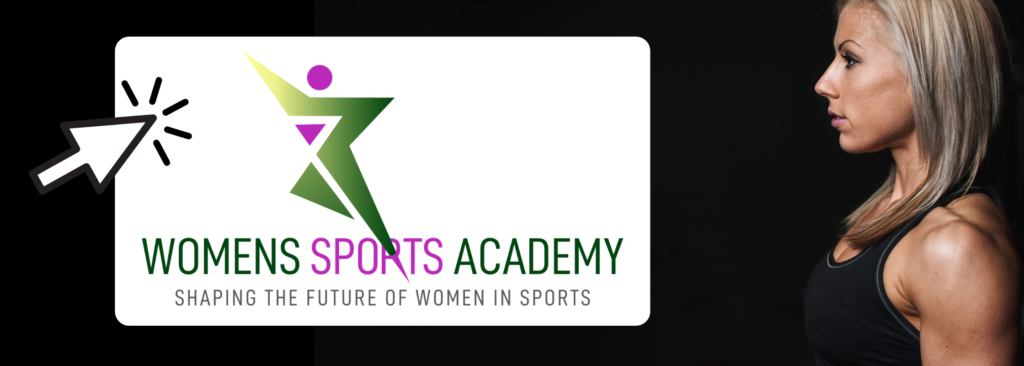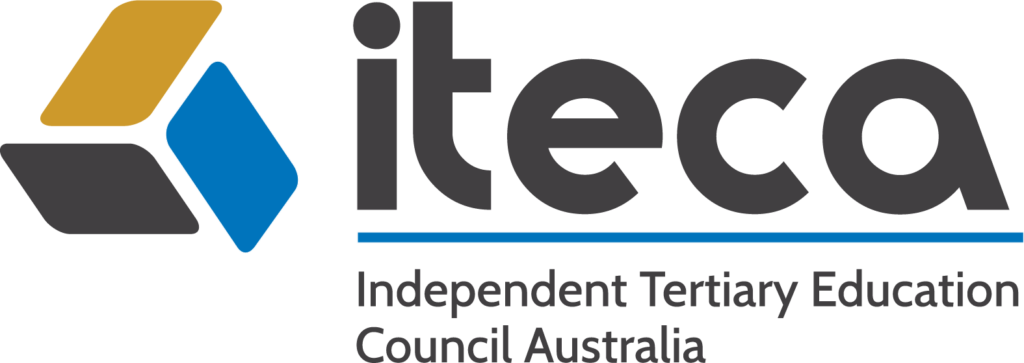Within Australian sport research, there is a lack of information about women in elite coaching roles. This highlights the need to discuss the case of women coaches, and further studies that break down the disparity between male and female coaches. And why this exists in the industry.
In the Australian team of accredited coaches at 2016 Rio Olympic Games, only 9% were women. The 2020 Tokyo Olympic Games only saw a slight increase in numbers, with 13% being females. Evidently, a significant lack of female representation in high level coaching positions still exists.
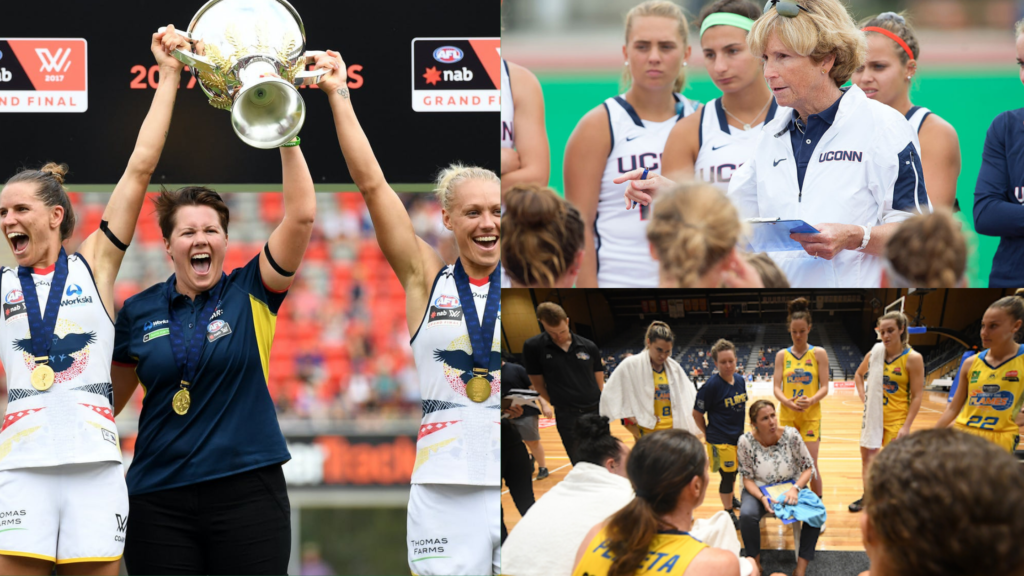
Gender Gap
Extensive data shows that women are still grossly underrepresented in sports:
40% of all sports participants are female, yet women’s sports receive only 4% of all sport media coverage. Female athletes are much more likely than male athletes to be portrayed in sexually provocative poses.
47% of all athletes in Tokyo were women, but only 13% of the coaching staff were. Also only 30.5% of the technical officials were women. The 2021 Australian Olympic team saw 254 women (53%) out of 482 athletes. However only less than 10% of the coaches in the Australian Olympic team were women.
In Australia soccer, there are 2,934 accredited coaches and just 137 (4.66%) are women. In all Australia female sports, excluding netball, only 25% of the coaching roles are filled by female coaches.
Only 30.8% of key management personnel were women in Australian Sporting Organisations (down from 38.2% the previous year), while that figure was 33.8% in high performance roles.
In 2020, out of the 89% of adults [over 15 years] that participated in sport/PA, only 31% were women vs 69% of men.
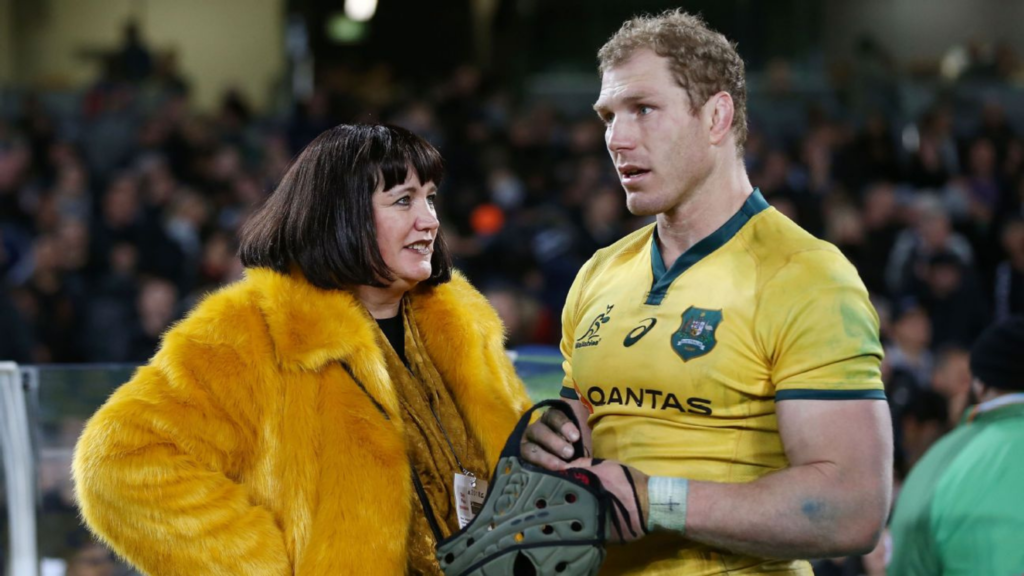
Gender roles
The history of gender roles in society has some explanation for the lack of female coaches over the past few decades.
Women financially build sporting clubs through lower-level coaching roles. As a consequence, they lack the opportunity to train top tier athletes and are not chosen as coaches for major events.
Another influencing factor on female coaching involvement is the history of male dominance in sport. For as long as structured sport has been running, male athletes have had higher participation rates and salaries. However, as women’s sport has expanded over recent years, coaching roles for women have not developed in the same way.

THE WOMEN’S SPORTS ACADEMY
The WSA launches in 2022 with a very specific mission: Shaping the future of women in sport.
Katrina Robertson, an experienced psychologist, world powerlifting champion, and world record holder, founded the Women’s Sports Academy. She has been providing professional services in the areas of leadership, mentoring, wellbeing, health & rehabilitation, gym consultancy, sports performance, strength coaching & motivational speaking for many years.
Katrina brings her knowledge and experience towards building a community for sport-oriented women. Help us grow and nurture into the best generation of women sports professionals.
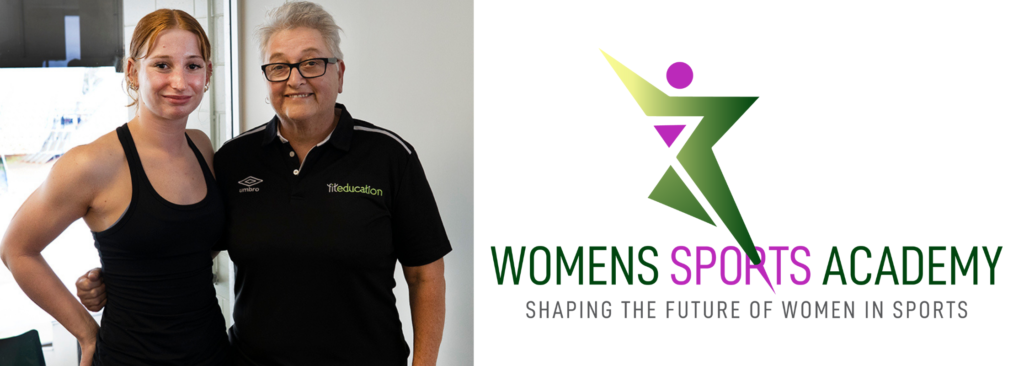
Female amateur and professional athletes, coaches and any women with an interest in sport, will find Katrina’s methodology innovative. A highly successful way to develop their physical abilities, skills and knowledge to become the best version of themselves.
Women are now able to enrol in the Women’s Sports Academy. Through a Diploma of Sport, they will study conditioning, sports psychology and coaching skills. You will be on your way to pursue a career in sport coaching and sport development. Simultaneously, you will strength train three days per week and enjoy one-on-one mentoring sessions with Katrina Robertson.
Graduates from the Diploma of Sport at the Women’s Sports Academy will improve their athletic abilities and be able to find work coaching athletes, managing competitions, sports venues and facilities; and identifying / developing athletes at the highest level.
Click on the image below to learn more about the Women’s Sports Academy.
